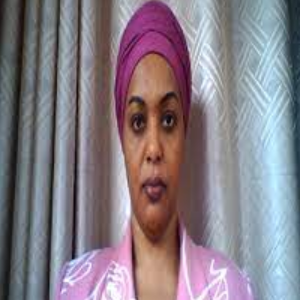Abstract:
Introduction: A cancer diagnosis often produces an overwhelming emotional response, including feelings of shock, denial, fear, anxiety, anger, grief, and depression. Because a multitude of medical tests and consultations typically are needed to determine a definitive diagnosis and course of treatment, a cancer patient’s path through the healthcare system can be complicated and confusing. Even worse, some patients may not fully comprehend the importance of prompt evaluation and treatment of their disease. To address these challenges, more and more cancer programs are looking to assist patients through this process. Patient navigation has emerged as an innovative, community-based approach to reducing cancer care access barriers along each step of the cancer care continuum; screening, diagnosis, treatment, and outcomes. There is urgent need to introduce patient navigation training programs in Uganda to equip navigators with skills to help them effectively navigate patients across the care continuum. Trained nurses, social workers, nutritionists, financial counselors, and other professionals can provide a depth of expertise in a cost-effective manner and improve treatment outcomes for cancer patients. A coordinated team will be formed composed of administrators to champion the program; supervisors to provide clinical and administrative support; and navigators to guide cancer patients through the cancer care continuum.
Specific Objectives:
• To improve basic cancer patient navigation skills
• To build a coordinated team of cancer patient navigators composed of representatives of cancer hostels, expert cancer patients, Uganda Cancer Institute (UCI) Social workers, clinical and research teams
• To develop cancer patients’ navigation action plans at Uganda Cancer Institute
• To minimize barriers to care experienced by individual patients
Methods: The training will use a modified Harold P. Freeman Model (1990) and Patient Navigator Training Collaborative Model’s materials for Level 1 patient navigators to train nurses, social workers, nutritionists, financial counselors, and other professionals. Content will be delivered through plenary presentations including navigation best practices and small group work.
Expected Training Outcomes: Thirty three navigators equipped with cancer patient navigation skills; patient navigation committee established; Patient Navigation Action Plans in place; improved access to services across the cancer care continuum.




